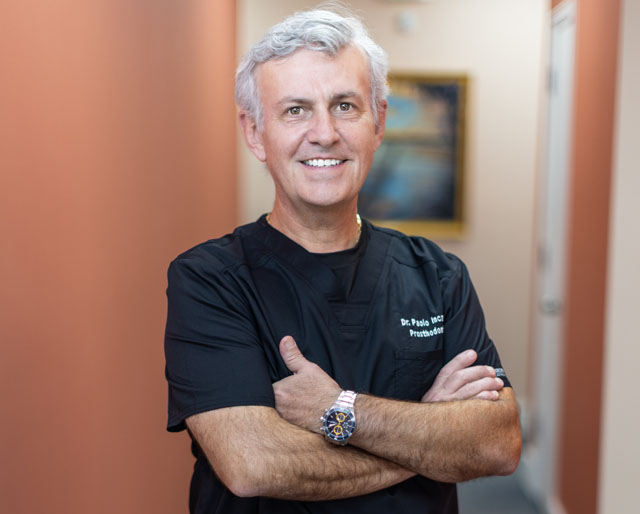Demystify the Symptoms of Menopause
01 Sep 2012
Expert advice and tips for a smooth transition and handling this bodily change.
By CLAIR DELUNE

Menopause can serve as the gateway to a very free and exciting time in a woman’s life, but many still view it as a loss of the core aspect of their womanhood. Along with the onset of sometimes intense changes to the body and lifestyle come some complexities of life as we age. When we factor in the myths surrounding the mysteries of menopause, it can prevent many women from crossing through that gateway into a less encumbered phase of life.
What is menopause?
Menopause is the body’s abandonment of its monthly preparation for pregnancy and childbirth. During the preceding five years or so, in a phase called perimenopause, a woman’s cycle becomes irregular. Actual menopause is said to occur when the body has not had a period for 12 months or has been confirmed through a blood test.
What are its true symptoms?
During perimenopause, women may experience symptoms such as irregular cycles, hot flashes, night sweats and vaginal dryness.
“A girl is premenarchal before her first period,” said Myles Davis, M.D., of Columbia Women’s Healthcare. “She enters her reproductive years after her first period when her body begins producing hormones. Later she might go through a period of perimenopause, but eventually she becomes menopausal.”
Dr. Davis explained that one widely held belief is not true. “Women often tell me they are ‘through menopause’ because they no longer have symptoms,” Dr. Davis said. “Once a woman is menopausal, she stays menopausal for the rest of her life.”
Dr. Davis reports that many doctors still strongly believe in the benefits of hormone replacement therapy (HRT). He says the American Medical Association recommends HRT for treatment of menopausal symptons. For women who have had a surgical menopause, thus no longer having a uterus, he often recommends estrogen without progesterone (the hormone that is generated naturally just before a woman’s period), which the study proved did not increase the risk of breast cancer.
“Progesterone is the culprit that makes women feel terrible in the few days before their periods,” he explained. “Why take that if you don’t need to?”
He believes many women have been scared away from HRT, and expressed concerns about the number of women who have begun self-medicating with natural, but untested, products such as soy-based estrogen, which is available over the counter (OTC). Dr. Davis disputes claims that these remedies are safer than pharmaceuticals because OTC products do not undergo rigorous Food and Drug Administration (FDA) testing. He says that there have been no studies done on many of those products, thus any claim made in regard to their safety is unproven and “unethical.”
“The scare about HRT occurred because incidents of cancer were reported in percentages rather than rates, so when it was said that the cases had doubled it seemed very alarming,” Dr. Davis said. “However, the study showed that fewer than one in 1,000 women got breast cancer, and although the number had indeed doubled from four, it was statistically a very small number, especially when weighed against the relief that HRT can provide.” Dr. Davis recommends administering HRT via a patch or vaginal ring because non-oral estrogen does not increase the risk of blood clots or cancer for women who no longer have a uterus.
Other issues associated with menopause can include fatigue, sleeplessness, hair thinning or loss, and mood swings or depression. Dr. Davis recommends consulting your doctor about any medical concerns because they might not be solely attributable to menopause, and could indicate an underlying illness.
He disputes the belief that menopause causes depression. “The menopause years are filled with anxiety for many reasons: the economy, wars, marital problems, raising children or, conversely, empty nests.”
“Life naturally gives us mood swings,” he said. “That’s why antidepressants were invented and why a third of the population in the U.S. takes them to feel better. A woman, who is not sleeping well because she has night sweats and doesn’t get enough rest, might benefit from hormone therapy and it might resolve many of her health issues. However, it will not make actual depression go away.”
Dr. Davis says women sometimes lament that their doctors do not listen or take the time to talk to them.
“If you have a doctor who doesn’t listen to you or explain medical options clearly, then you need to find another doctor who does,” he said. “A good doctor will take time to help you find an FDA-approved medicine to address your symptoms.”
Finding a caring, concerned medical practitioner to guide you through this natural transition might be your key to a gateway that can lead you to embrace what can be a truly wonderful phase of life.












